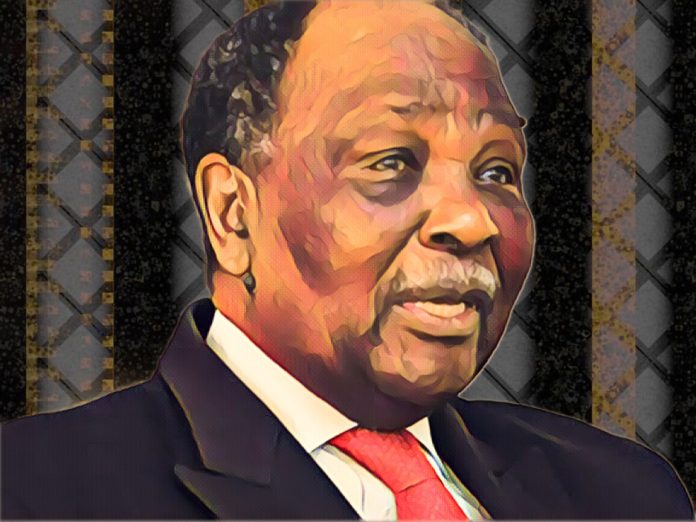KEY POINTS
- Former Head of State Yakubu Gowon said there is no room for military rule in Nigeria’s future and reiterating the importance of democracy.
- Gowon recognized the contribution and the failure of military regimes in Nigeria political history.
- A new book Military Factor in Nigerian History, 1960–2018 gives a complete discussion of military’s role in making Nigeria.
At a book launch on Wednesday, former Nigerian leader Gen. Yakubu Gowon argued that military rule should have no place in Nigeria’s future, and insisted that despite flaws, democracy is still the best form of government for the country.
Gowon made those remarks in Abuja at the launch of Military Factor in Nigerian History, 1960–2018, a new book released by the Historical Society of Nigeria for its 70th anniversary.
Gowon said that military rule ‘should not be part of Nigeria’s future.’ “Our armed forces ought to entirely adhere to their duties written in the constitution as defenders, not as those who run the government or participate politically.”
Military’s role in national history: A mixed legacy
Gowon recognized that the military played two roles: bringing infrastructure and order, on one hand, but also hindering democracy and restricting freedoms on the other.
“We contributed to building roads, forming new states, and sometimes bringing stability,” Gowon said. “But military leadership also crushed democracy and led to more corruption.”
Gowon, reflecting on the civil war, said even though it was painful, it showed Nigeria’s will to remain unified.
A call for a military that operates close to civilian needs
He recommended that the Nigerian military should turn into a military that is at the forefront of technology and finds most of its strength in intelligence, while partnering closely with those leading the country in civil society.
“It is important for the military to be part of the people and core to the nation’s unity,” Gowon said.
He stressed the continued contribution of the armed forces in regional security, and national defense, while promoting increased association with civil society.
Irabor: military rule has shaped Nigeria’s development
Retired Gen. Lucky Irabor, the former Chief of Defence Staff, delivered the keynote address, which included the military’s involvement in infrastructure, peacekeeping, programs like the National Youth Service Corps (NYSC).
The military’s scope has caused both positive and negative effects, Irabor said. Human rights concerns and public freedoms repression under military governments should also be recognized.
New book brings deep dive into military rule history
The 598 page volume received commendation, in a book review from Prof. Patrick Ukase, as a comprehensive resource on the history of the Nigerian military, organised in 27 chapters and also six thematic areas.
Well researched and strongly recommended for scholars, policy makers and security practitioners, Ukase said.
Acting HSN President Prof. Zara Kwaghe observed the book inspired from a 2024 conference and meant to inspire national unity through historical consciousness. The Nigerian military has been tactical in acting to keep the country together, Kwaghe said.



